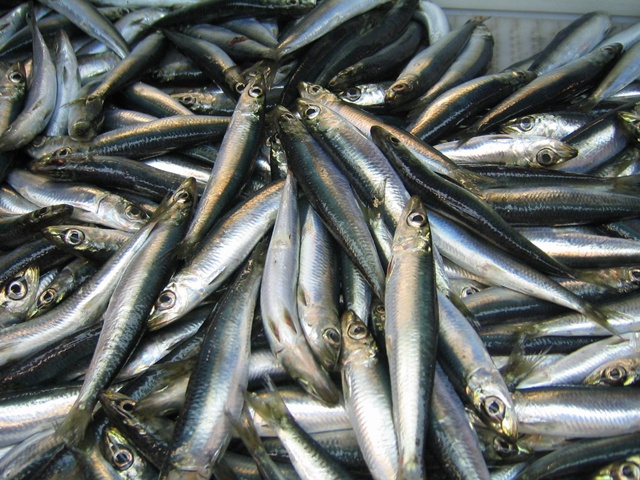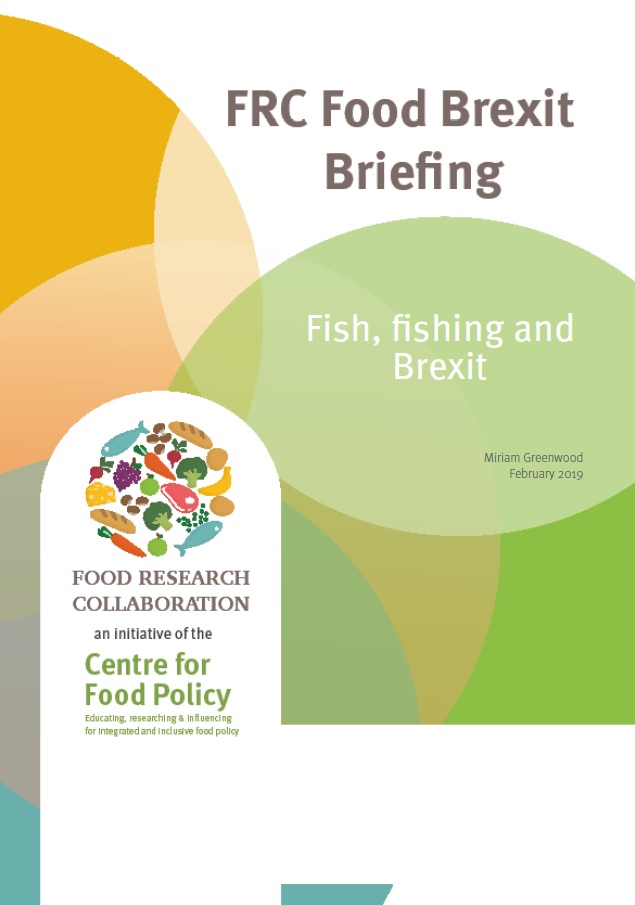UK fishers were vocal in their support for leaving the EU, believing that the Common Fisheries Policy (CFP) has been the cause of the difficulties that have beset their industry over the last 40 years — difficulties that many still suffer. But this Brexit Briefing, from fisheries analyst Dr Miriam Greenwood, argues that it was UK (rather than EU) decision-making, allied to stock collapse due to overfishing, that drove the decline of Britain’s once mighty fishing fleet. And leaving the EU, of itself, will not solve the sector’s problems.
The report examines the development of UK fisheries policy before and under the Common Fisheries Policy. It shows how the allocation of quotas by the UK government has persistently disadvantaged the small and arguably more sustainable small-scale fishers that dominate the British fleet; and how quota was quietly privatised to allow it to be bought and sold by non-fishers. Over the years, under this regime, the sector ceased to be primarily a source of food for the domestic supply chain and became geared to exports, while much domestic consumption depends on imports.
The Briefing concludes that it is essential that any new UK fisheries policy must stick to the evidence-based sustainability approach developed by the CFP. And whatever happens with Brexit, the UK should conduct a comprehensive review of quota allocation. This should be based on fair distribution across all sectors of the fleet, and should reward the most sustainable forms of fishing.




1 Comment
Having participated in the 1983 CFP negotiations and all revisions I recognise this paper as very thorough in substance and documentation. Conclusions are well founded and argued. With regard to “the disastrous CFP”, I’m impressed by the unsentimental account of “who to blame”. And yes I’m wholly impressed with the paper. Well-structured and succinct.
A couple of comments:
The London Convention and consequential bilateral agreements were not subsumed under the CPF; in my mind, they were duplicated and thus stands unless the UK wants to distance itself from this non-EU international agreement too.
On the interface between the rules decided and the fishing conducted: MSY is at present the best objective. But to put it into legal text as has been done is counterproductive to sustainable fishing. At least if you apply the Brundtland definition of “sustainability” that ties conservation and economy together. Fishing opportunities must reflect that species are caught in mixed fisheries and that choke situations must be minimised. The main thing is to ensure catch accountability and the necessary flexibilities in MSY and Exemptions must be given priority to ensure this. Unfortunately, the CPF is excessively concrete on MSY and in sadly lack of precision on socioeconomic considerations.
I will add a third reason for revising the UK quota system. With the emerging full catch accountability, it is necessary to allow for much flexibility in order for the fisher to match his catches with a quota allowance. The Danish system allows for redistribution of quota to small scale and for retroactive in-leasing of fish to cover non-quota catches.
The situation now is that strong fisher interests in the light of low flexibility in management still see unaccounted discarding as the choke solver, and indeed best business proposition.